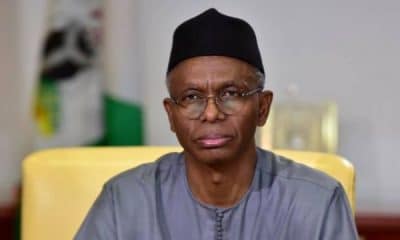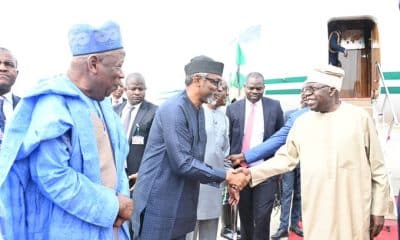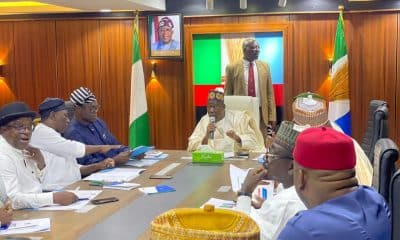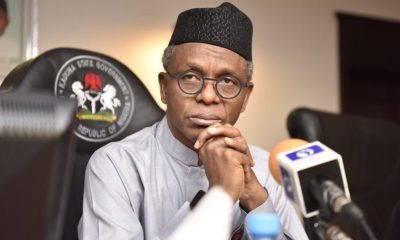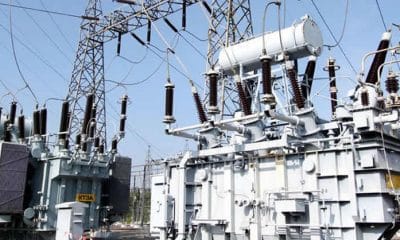Nigeria News
Britain Exposes Crimes Committed By Gowon During Nigeria-Biafra War


What is believed to be part of the secret report on the atrocities committed by Nigeria under the command of Gen. Yakubu Jack Gowon, against Biafrans during the civil war has been exposed by the British government in declassified files.
There are speculations on whether this was the secret Biafra activist and leader of IPOB, Nnamdi Kanu threatened to reveal during his last secret trial in court last week. The information disclosed in the files released to The Republican News, said that Gen. Gowon lied about trying hard to stop starvation in the Biafran region, when it was he who actually imposed blockade on Biafra and instigated starvation as means of war.

Starving Biafra children, 1967.
The file also revealed clearly, the British interests in the most genocidal war in Nigeria history, which include trade and investments. Below are excerpts statement from the declassified files, according to The Republican News.
“Our direct interests are trade and investment, including an important stake by Shell/BP in the eastern Region. There are nearly 20,000 British nationals in Nigeria, for whose welfare we are of course specially [sic] concerned’, the Foreign Office noted a few days before the outbreak of the war.”
Shell/BP’s investments amounted to around £200 million, with other British investment in Nigeria accounting for a further £90 million. It was then partly owned by the British government, and the largest producer of oil which provided most of Nigeria’s export earnings. Most of this oil was in the eastern region.
The report says Gen. Yakubu Jack Gowon’s claim that he did everything he could to avoid the mass starvation and deaths of Biafrans, mainly children and women who were not involved in the war, were initially debunked by Senator Godswill Akpabio and further confirmed by the British government who stated thus:
“A key British aim throughout the war was to secure the lifting of the blockade which Gowon imposed on the east and which stopped oil exports.
“In the run-up to Gowon’s declaration of war, Britain had made it clear to the FMG that it completely supported Nigerian unity. George Thomas had told the Nigerian High Commissioner in London at the end of April 1967, for example, that ‘the Federal government had our sympathy and our full support’ but said that he hoped the use of force against the east could be avoided.”
While Britain government who firmly supported the unity of Nigeria, supplied the Federal Military Government, FMG, with sophisticated war weapons against Biafra, they had refused Nigerian requests to be militarily involved and had urged Gowon to seek a ‘peaceful’ solution.
Beside blockade of food and medical supply from Biafran states, many of the weapons requested by Gowon from the British in preparation for the war included; jet fighter/bomber aircraft, six fast boats and 24 anti-aircraft guns. But the British stated they do not wish to publicly demonstrate direct involvement in the war. However, they did agree to supply the anti-aircraft guns and to provide training courses for Nigerian soldiers to use them.
“The Commissioner Hunt said that ‘it would be better to use civil aircraft’ to deliver these guns and secured agreement from the Nigerians that ‘there would be no publicity’ in supplying then.
“Faced with Gowon’s complaints about Britain not supplying more arms, Wilson also agreed in mid-July to supply the Federal Military Government (FMG) with fast patrol boats. This was done in the knowledge that they would help the FMG maintain the blockade against Biafra.”



